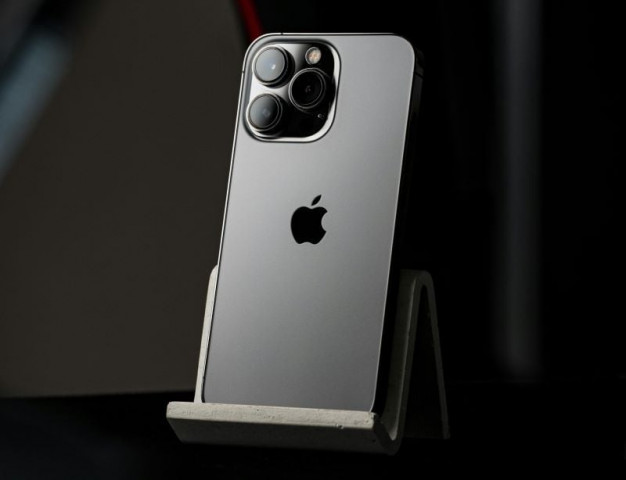Apple's iPhone 16 struggles with AI features delay, increasing Huawei competition
Apple’s shares fell 1.7 per cent on Tuesday, a day after the US tech giant unveiled its new iPhones with AI

Apple’s new iPhone 16 failed to excite investors with long-expected Artificial Intelligence (AI) features still in test mode even as an industry-first tri-fold phone from Huawei raised the stakes in a battle to dominate the global smartphone market.
Apple’s shares fell 1.7 per cent on Tuesday, a day after the US tech giant unveiled its new iPhones that sport hardware-level integration for applications based on artificial intelligence but with limited changes to the external design.
The phones will use AI features — dubbed Apple Intelligence — to improve the company’s voice assistant Siri as well as enhance the camera.
Those features will arrive on US iPhones in beta next month, potentially keeping people from upgrading to iPhone 16s soon.
“With lots of words like ‘later this year’ and ‘early next year’, the core Apple message for iPhone 16 was: Next year will be better,” Needham analyst Laura Martin said in a note.
Apple did not say when it would move beyond the test phase, nor did it announce a partner in China to help power its AI ambitions.
The lack of AI features in the new iPhones drew scorn in China, where the government has mandated that generative AI-based chatbots need to be vetted before their public release.
The hashtag “iPhone 16 Chinese version doesn’t support AI yet” attracted 11.33 million views and over 1,500 comments on Weibo.
“What’s the point of buying it if you can’t use AI?” wrote one Weibo user.
Another commented, “Without AI as the biggest selling point, it should be half price.”
Apple did not raise prices for the new iPhones, which Wall Street analysts said was a good strategy as consumers are not willing to splurge on big-ticket items. Huawei, which showed off its new Mate XT smartphone hours after the Apple event, has priced the tri-fold device at $2,800.
“Production constraints and the high price point mean the new (Huawei) phone will likely not have a huge impact in terms of shipments,” said Will Wong, senior researcher at consultancy IDC.
“But it’s telling the consumers that it’s still the tech leader and the potential challenge it brings to Apple may be far beyond just market share.”
Comeback
Mate XT has already received more than 4m pre-orders, for which no deposit is required, according to the company’s website. It boasts an AI assistant with text summary, translation and editing functions, as well as AI-boosted image editing functions such as trimming unwanted parts of photos.
Huawei’s string of successful smartphone launches in recent months underscores the company’s ability to navigate US sanctions and solidifies its position against Apple in China.
In contrast, Apple’s sales have slowed in the country after seeing strong growth for years, and its ranking in the world’s second-largest economy has now dropped from third to sixth place.
IPhone shipments in China fell by 6.7pc in the second quarter of 2024, according to data from Canalys.
Huawei made a comeback to the high-end smartphone segment last year with the release of a device powered by a domestically made chip, defying US sanctions that have cut off its access to the global chipset supply chain.
The launch of the Mate 60 Pro surprised analysts and US officials.
Both the Mate XT and iPhone 16 go on sale on September 20.


















COMMENTS
Comments are moderated and generally will be posted if they are on-topic and not abusive.
For more information, please see our Comments FAQ